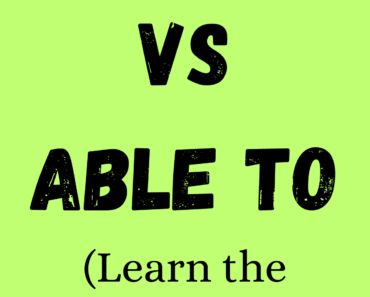In English, “bare” and “bear” may sound alike but have distinct meanings.
“Bare” is an adjective meaning exposed or not covered, while “bear” is primarily a noun referring to a large mammal or a verb meaning to carry or endure.
Although they may seem interchangeable due to similar pronunciations, their distinct meanings significantly affect context in writing and speech.
Bare
Definition:
Adjective:
- Lacking covering or clothing; naked: “bare feet.”
- Unadorned or simple: “a bare room.”
Usage:
- Describing Exposure: Used to describe someone or something that is unclothed or uncovered.
Example: “The bare branches of the tree were visible in winter.” - Minimalism: Refers to something with no extra elements, emphasizing simplicity.
Example: “The room was bare, with just a bed and a chair.” - Essential Nature: Indicating the essential or basic elements.
Example: “He provided only the bare facts.”
Bear
Definition:
Noun:
- A large mammal found in forests, often known for its strength: “The bear roamed the forest.”
Verb:
- To carry, support, or endure: “She bears a heavy load.”
Usage:
- Animal Reference: Used to refer to the mammal, commonly seen in wildlife and storytelling contexts.
Example: “A bear and her cubs were sighted near the campsite.” - Carrying or Enduring: As a verb, it implies carrying a load, supporting weight, or enduring difficult situations.
Example: “He bore the responsibility of managing the entire project.” - Giving Birth: Often used in context with animals.
Example: “The cow bore a calf in the spring.” - Direction: In older or nautical contexts, “bear” can also mean to move in a specific direction.
Example: “The ship bore southward.”







